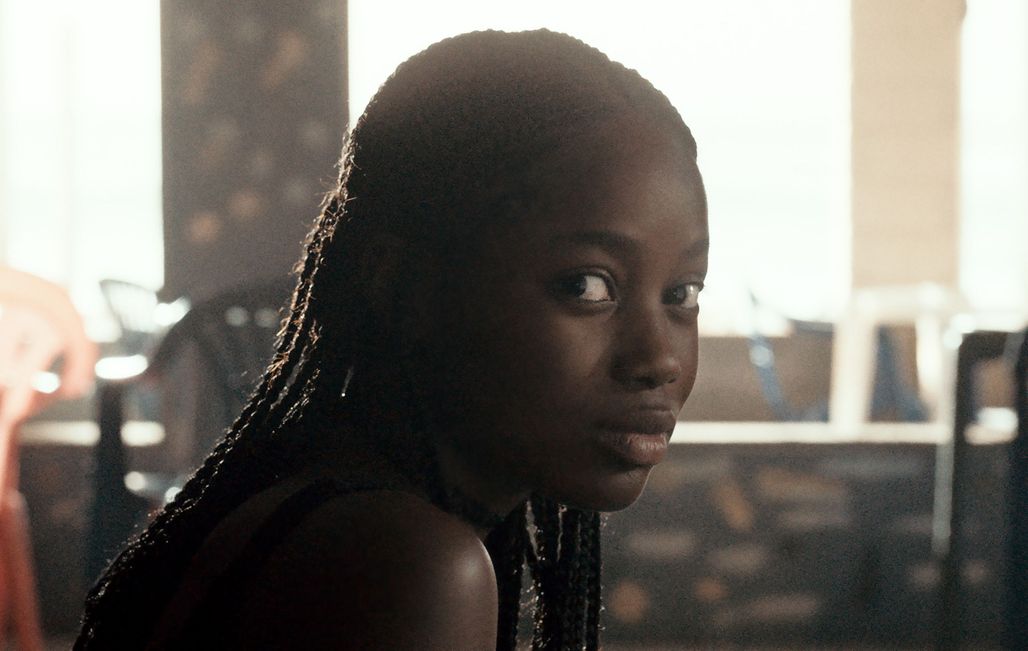
Atlantique (Atlantics) by Mati Diop: the luminous wreckage of Senegalese youth

Filmmaker and actor, Mati Diop presents her first feature film in Competition and at the Caméra d’or. With Atlantique (Atlantics), the French-Senegalese filmmaker explores a subject dear to her heart, one which was previously examined ten years earlier in a short film of the same name (Atlantiques, 2009). The perils of migration are addressed in this powerful and feminine work, in which the term "roots" seems to take on its true meaning.
The story of Atlantique (Atlantics) begins with the departure of Souleiman, a young native of Dakar who is forced to leave his country by sea in hope of a better life. Starting from this sadly commonplace reality marked by the collective tragedies of illegal immigration, Mati Diop pays tribute to a Senegalese youth wounded and yet touched by grace, one that is also capable of a citizens' resurgence such as the "Y'en a Marre" ("Fed Up") movement conducted in 2012 against President Wade. Beyond current social and political events, Mati Diop, considered the future of Senegalese cinema, chooses, in telling this story shot in Wolof, to rise up against reality, all the while creating a deeply feminine film. With the character of Ada, the victim of an arranged marriage following the departure of her beloved Souleiman by sea, she finds a way to experience the "African adolescence she had never lived."
The career path of Mati Diop, daughter of the famous musician Wasis Diop, is also a family affair, a desire to mix past and future. In 2013, she directed Mille Soleils (A Thousand Suns), a documentary about Touki Bouki, the feature film directed in 1973 by her uncle, the Senegalese filmmaker Djibril Diop Mambety, which already addressed this desperately topical theme at the time.


